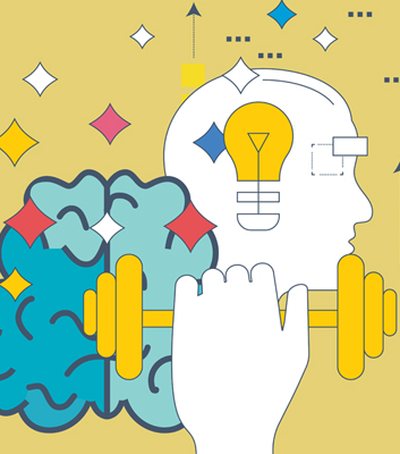
Common Situation: Your colleague turns on the air conditioner to cool off and you are shivering from the cold wishing to be home under your favorite blanket. All of us feel cold or hot at certain times, but some of us feel cold all the time and don't know why this happens.
If you are also in the group of these people, do well to read this article:
Your thyroid gland may not work well
Hypothyroidism is a condition where the thyroid gland is not producing enough hormone, and can lead to cold intolerance. Thyroid hormones help regulate metabolism and temperature, and when we lack them, we start to feel cold all the time. Other symptoms of hypothyroidism may include fatigue and a low heart rate.

How to fix it: Visit a doctor. A medical examination can help determine if you have the right amount of thyroid hormone in your body.
Do not drink enough water
Water boosts your metabolism, helping your body digest food and create energy and heat. If you are dehydrated, you may lack the heat and energy that your body freezes.
How to fix it: Make sure you drink enough water.
You may have anemia
Anemia is another medical condition that can make you feel cold in your hands and feet. Anemia occurs when your body lacks the red blood cells that deliver oxygen to your organs and tissues. There is anemia with iron deficiency that occurs during pregnancy, menstruation, blood loss or due to poor iron absorption. Other symptoms of anemia include pale skin, increased heart rate, fatigue, and headache.

How to fix it: If you suspect you may have anemia, you should definitely visit a doctor and do the necessary tests.
You're not sleeping enough
Good sleep is extremely important for regulating body temperature, so if you continue to shiver from the cold, the reason may be quite simple.
How to fix it: Review your daily schedule and make sure there is enough time to sleep so you can get the energy lost during the day.
You do not have good blood circulation
Peripheral artery disease can cause the arteries to fail to distribute blood to organs and tissues, making us cold. When plaques accumulate in the arteries (atherosclerosis) it makes the arteries narrower, affecting blood flow to the hands and feet, causing cooling and numbness.
How to fix it: Visit a doctor. Treatment for peripheral artery disease involves lifestyle changes (such as quitting smoking, for example) and medical treatment, including surgery in some cases.
As you can see, if you get cold all the time, this may be due to some basic medical conditions and visiting a doctor is a better option.





